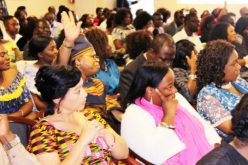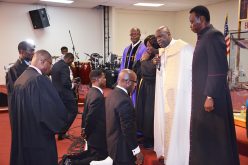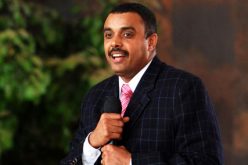By Mark Tutton,London (CNN) – For a second consecutive year, no leader has been deemed worthy of the $5 million Ibrahim Prize for Achievement in African Leadership.
The foundation’s prize committee announced Monday that it had decided not to award the prize — the fourth time there has been no winner in its seven-year history.
Winners must be democratically-elected leaders who have stepped down in the past three years after serving their constitutionally mandated term, and have demonstrated “excellence in office.” The committee’s failure to again find a prize winner has led some to comment that its selection criteria are too narrow, and should be broadened to include those showing leadership in civil society.
But Ibrahim, a Sudanese-born telecommunications businessman and billionaire, who created the foundation in 2006, defended the prize.
“Most African countries are new states — some of the states did not exist 70 years, 50 years ago,” he said, adding, “In established democracies there are some kinds of checks and balances, but at the early stages in a state’s formation the power of the president is huge … And we need really to point the finger at where the responsibility lies.
“Let’s put the light there and let us seek heroes.”
Mo Ibrahim: Africa’s elderly leaders risk more revolutions
The previous winners were President Pedro Verona Pires of Cape Verde in 2011, Joaquim Chissano of Mozambique in 2007 and Festus Mogae of Botswana in 2008. Nelson Mandela was made the honorary inaugural Laureate in 2007.
In 2009 and 2010 there was no winner, but in 2012 the foundation awarded Archbishop Desmond Tutu a one-off $1 million special prize for his lifelong commitment towards “speaking truth to power.”
There have also been accusations that failing to find a prize winner can encourage negative stereotypes about Africa and its leaders.
Hadeel Ibrahim, Mo’s daughter and founding executive director of the foundation, told CNN: “We’re holding a mirror up to Africa and if there’s a winner, congratulations to the winner and to that country, and if there’s no winner we hope that African people get more of the leadership they deserve.”
She added: “I think that when there’s no winner it means that there was no excellent individual. Some people have no expectations of a winner so it doesn’t cast Africa in a negative light, because it’s what they expect of the continent. For other people the fact that we’ve even had three winners has opened their eyes to the fact that leadership is much better than it was.”











